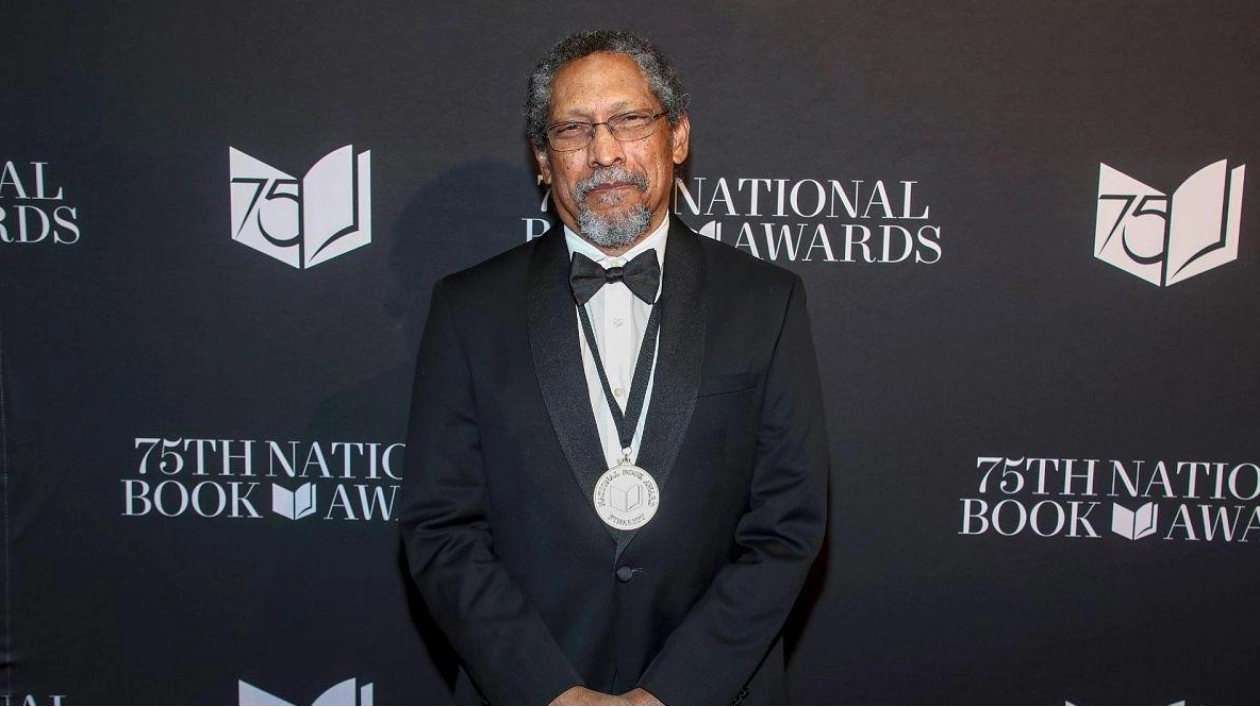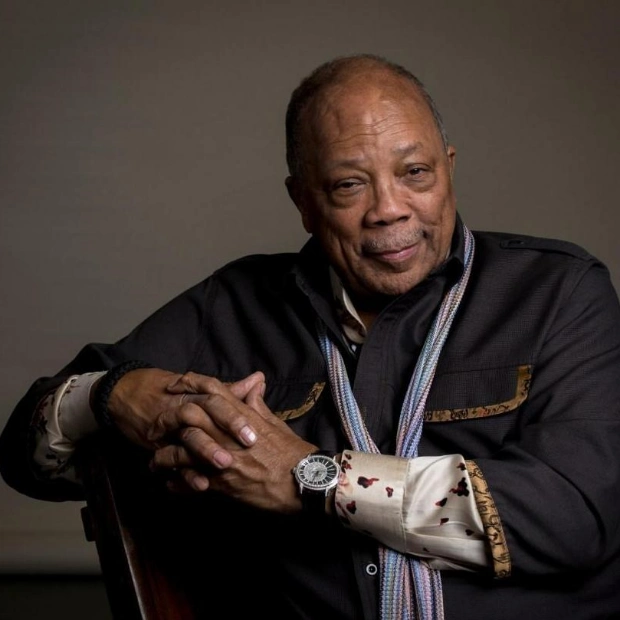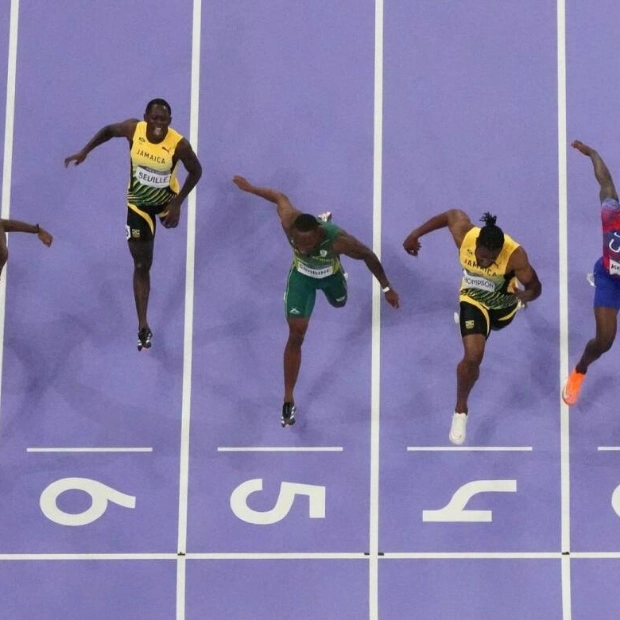American author Percival Everett's novel 'James' has clinched the National Book Award for fiction, as the prestigious US literary awards unveiled its annual winners. 'James' is Everett's dramatic reinterpretation of Mark Twain's American classic 'Adventures of Huckleberry Finn,' narrated from the viewpoint of Jim, the original lead's friend and an escaped slave. This retelling delves into the themes of the 19th century original, incorporating the violence and racism of that era.
Having been shortlisted for the Booker Prize—which ultimately went to Samantha Harvey's 'Orbital'—Everett, 67, was awarded the $10,000 (€9,500) National Book Foundation prize. This accolade follows 'James' also winning the Kirkus Prize for Fiction. Despite being relatively unknown to the general public for decades, Everett has previously been a Booker Prize and Pulitzer Prize finalist for his novels 'Trees' and 'Dr. No,' and his novel 'Erasure' was adapted into the Oscar-nominated film 'American Fiction.' During his acceptance speech, Everett remarked, 'James has been nicely received.'
Jason De León's 'Soldiers and Kings: Survival and Hope in the World of Human Smuggling' won the nonfiction category, with finalists including Salman Rushdie's memoir about his 2022 stabbing, 'Knife.' The young people's literature award went to Shifa Saltagi Safadi's coming-of-age story 'Kareem Between,' and the poetry prize was awarded to Lena Khalaf Tuffaha's 'Something About Living.' In the translation category, the winner was Yáng Shuāng-zǐ's 'Taiwan Travelogue,' translated from Mandarin Chinese by Lin King.
Judging panels, comprising writers, critics, booksellers, and other literary community members, selected the winners from hundreds of submissions, with publishers nominating over 1,900 books in total. Each winner in the five competitive categories received $10,000.
Barbara Kingsolver, author of 'Demon Copperhead,' and W. Paul Coates, publisher of Black Classic Press, were honored with lifetime achievement medals from the National Book Foundation, which presents the awards. Speakers emphasized diversity, disruption, and autonomy, whether advocating for Taiwanese independence or the rights of immigrants in the US. Two winners, Safadi and Tuffaha, condemned the year-old Gaza war and US military support for Israel. Although neither mentioned Israel by name, both referred to the conflict as 'genocide,' drawing cheers and more subdued responses as they called for support of the Palestinians.
Tuffaha, a Palestinian American, dedicated her award in part 'to all the deeply beautiful Palestinians that this world has lost and all those miraculous ones who endured, waiting for us, waiting for us to wake up.' Last year, publisher Zibby Owens withdrew support for the awards after learning that finalists planned to condemn the Gaza war. This year, the World Jewish Congress criticized Coates' award, citing, in part, his reissue of the essay 'The Jewish Onslaught,' which has been labeled anti-Semitic.
National Book Foundation Executive Director Ruth Dickey stated in a recent statement that Coates was being honored for his body of work rather than any individual book, and added that while the foundation condemns anti-Semitism and other forms of bigotry, it also supports free expression. 'Anyone examining the work of any publisher, over the course of almost five decades, will find individual works or opinions with which they disagree or find offensive,' she added.
Source link: https://www.euronews.com






